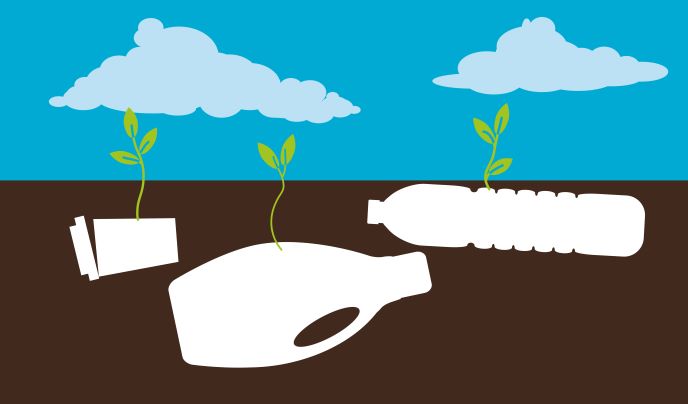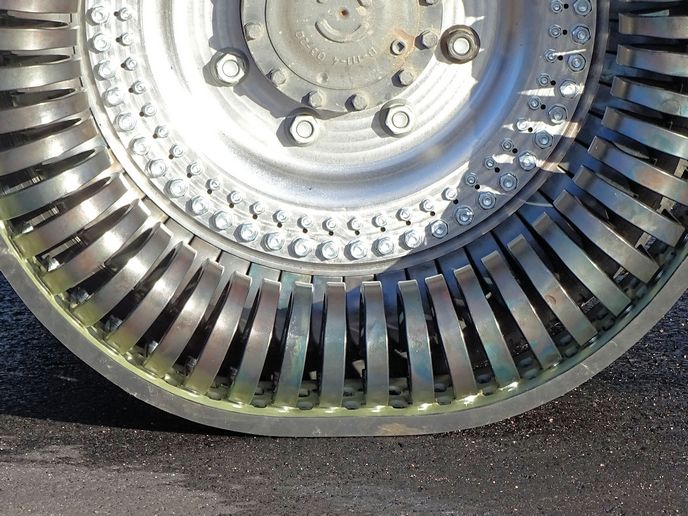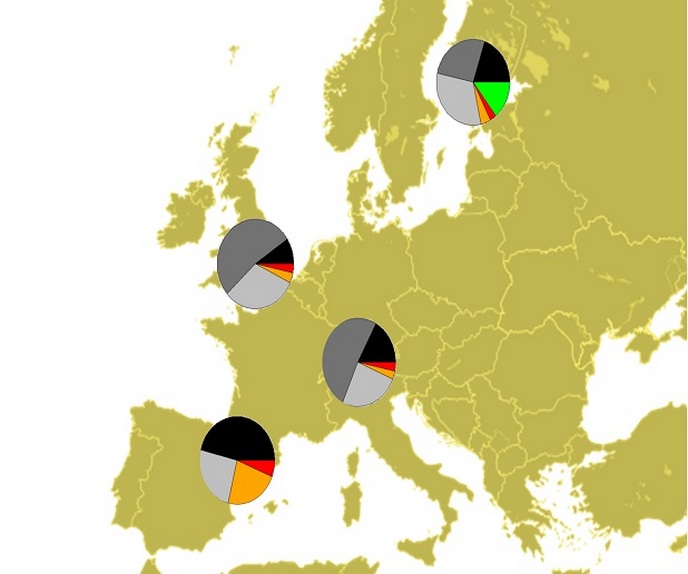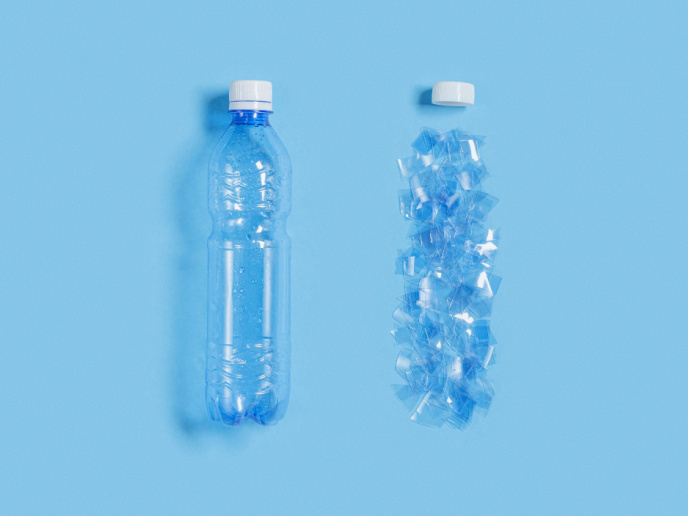Managing industrial waste in the Western Balkans
Toxic substances can become concentrated in the waste material produced by coal mining and processing, and the aluminium and phosphate industries. The general public can become exposed to harmful substances following their dispersal in air, water and cultivated soils or the use of contaminated building products and disposal in landfill. The 'Management and remediation of hazardous industrial wastes in the Western Balkan countries' (Induwaste) project investigated the proper control of waste material and considered its impact on the environment and human health. Researchers assessed the health risk posed by the waste and its by-products in both the immediate vicinity and through dispersal via surface and groundwater. Scientists also studied possible contamination of the food chain by investigating the presence of toxic substances in agricultural and animal products. The consortium developed management and remediation practices in accordance with EU legislation for reducing risk at waste disposal sites. Project partners also adapted legislation for waste management and environmental protection in the WBCs that followed existing EU directives. Direct recommendations were made regarding local monitoring and remediation practices. Additional recommendations were made for improving the local dissemination of knowledge and technical know-how on remediation practices and for informing the public. A transnational network of scientific experts and decision makers was established to promote a common approach for the environmental management of industrial waste in the WBCs. This helped in the harmonisation of monitoring and remediation practices on a European level by facilitating cooperation and the application of EU standards and practices. An international short course on environmental management of industrial wastes in WBCs was held for stakeholders involved in the study, management and control of industrial waste. Participants included scientists, local and national authorities and industrial professionals who shared knowledge and best practices on legislation, pollution-prevention, remediation and monitoring of industrial activities. Induwaste has made a significant contribution to the quality of life of people living in the WBC region by improving the management of hazardous waste produced by industry.







